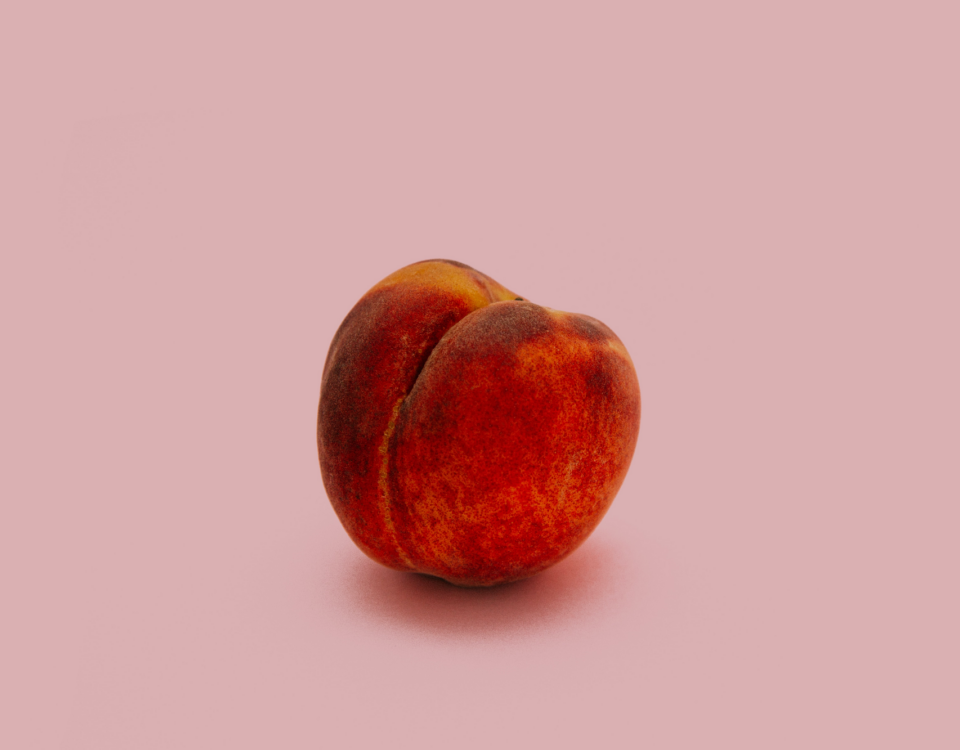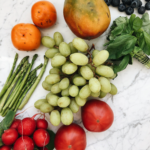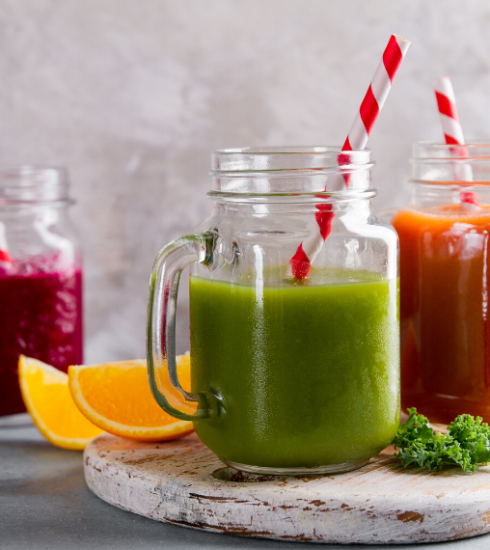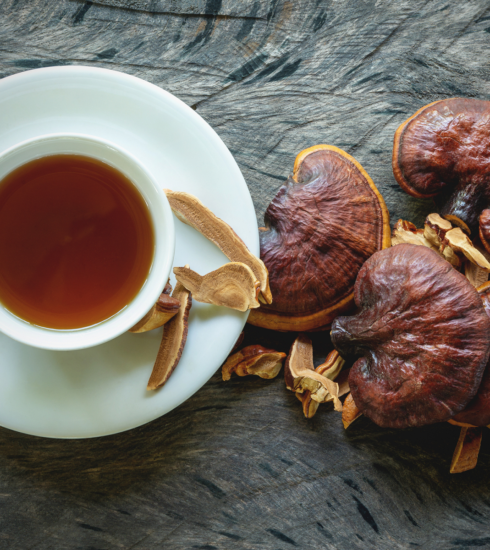Foods You Should Never Keep in the Fridge
Refrigeration is an essential tool in modern kitchens, helping to keep food fresh and safe to eat for longer periods. However, not all foods are created equal. Some foods, if refrigerated, can lose their flavor, texture, and nutritional value when refrigerated, while others can spoil faster in the chilly environment. Below are several common foods that are best left out of the refrigerator.
Tomatoes
Tomatoes are one of the most commonly refrigerated items that really shouldn’t be. When placed in the fridge, their natural ripening process slows down, and they can lose their flavor and become mealy. The cold damages their cellular structure, making them less juicy. Instead, store tomatoes at room temperature in a bowl or on the countertop, away from direct sunlight.
Avocados
If you’ve ever stored an unripe avocado in the refrigerator, you may have noticed that it takes forever to ripen. Cold temperatures halt the ripening process, which makes the fridge a poor choice for unripe avocados. Keep them at room temperature until they’re fully ripe. Once ripened, you can refrigerate avocados for a day or two to slow down further ripening.
Potatoes
Storing potatoes in the refrigerator causes their starches to turn into sugar more quickly. This process alters the flavor and results in a sweeter taste, which isn’t ideal for most dishes. It can also lead to a grainy texture when cooked. Potatoes should be kept in a cool, dark, and dry place, such as a pantry, in a paper or mesh bag to allow them to breathe.
Onions
Onions need air circulation to stay fresh. If stored in the fridge, the moisture can make them soft and moldy. It’s best to keep onions in a well-ventilated container, like a mesh bag, in a dry, cool place. The exception to this rule is when onions are peeled or cut; then, they should be kept in a sealed container in the refrigerator.
Garlic
Like onions, garlic thrives in a dry, cool environment. Refrigeration can cause garlic to sprout prematurely and develop a rubbery texture. Additionally, cold temperatures can lead to mold growth. To keep garlic fresh for weeks, store it in a dry, well-ventilated place, preferably in a mesh bag or basket.
Bread
Refrigerating bread may seem like a good way to prolong its shelf life, but it can actually dry it out faster. The cold air in the fridge causes the starch in bread to crystallize more quickly, making it stale. If you’re not planning to eat bread within a few days, freezing is a better option than refrigerating. To enjoy the best texture and flavor, store bread at room temperature in a bread box or a loosely closed paper bag.
Bananas
Bananas are tropical fruits, and they don’t respond well to cold temperatures. Refrigerating bananas can cause their skin to turn brown and their flesh to become mushy. The cool environment stops the ripening process, which prevents bananas from developing their full flavor. Keep them on the counter, and if they ripen too quickly, consider freezing them for future use in smoothies or baking.
Honey
Honey is a natural preservative and doesn’t require refrigeration. In fact, cold temperatures can cause honey to crystallize and become difficult to use. Storing honey in a tightly sealed jar at room temperature keeps it smooth and ready to pour. If your honey does crystallize, simply place the jar in warm water to restore its liquid state.
Olive Oil
Refrigerating olive oil can cause it to solidify and develop a cloudy appearance, which affects its texture and flavor. While it’s still safe to use, olive oil should be stored in a cool, dark place, such as a pantry or cupboard, to maintain its quality and extend its shelf life.
Melons (Uncut)
Whole melons, such as watermelon, cantaloupe, and honeydew, are best stored at room temperature until they’re cut. Cold temperatures can dull their flavor and affect their texture. Once you’ve sliced into a melon, it should be covered and stored in the refrigerator to prevent it from spoiling.
Coffee Beans
Storing coffee beans or grounds in the refrigerator can cause them to absorb moisture and odors from other foods, which can affect their flavor. Instead, store coffee in an airtight container in a cool, dark place, such as a pantry or cupboard, to preserve its freshness.
Hot Sauce
Most commercial hot sauces contain vinegar, salt, and spices, which act as natural preservatives. These sauces are designed to be shelf-stable, so they can typically be kept at room temperature without spoiling. The high acidity from vinegar helps prevent bacterial growth, which means refrigeration isn’t necessary for safety.
Chocolate
In most cases, chocolate should not be kept in the refrigerator, as the cold environment can negatively impact its flavor, texture, and appearance.
Cucumbers
Cucumbers are best stored at room temperature, which are sensitive to cold temperatures, which can negatively affect their texture and flavor.
Ketchup
While ketchup contains preservatives like vinegar and sugar, which give it a natural ability to stay safe for a while at room temperature, refrigeration helps extend its shelf life, especially after the bottle is opened.
Soy Sauce
It is generally not necessary to refrigerate soy sauce after opening, but doing so can help preserve its flavor for a longer period, especially for higher-quality or less processed varieties.
Eggplant
It’s generally best not to refrigerate eggplant unless you need to store it for a longer period. Eggplants are sensitive to cold temperatures, and refrigeration can cause them to spoil more quickly or affect their texture and flavor.
Unripe Stone Fruits
Stone fruits like peaches, nectarines, and apricots should generally not be refrigerated until they are fully ripe. Keeping them at room temperature allows them to ripen properly, enhancing their sweetness and flavor.










